US again threatens Russia with ‘severe costs' over ‘Ukraine invasion’
The United States has again threatened Russia with “severe costs” if it launches any military action in neighboring Ukraine, despite Moscow’s repeated denials.
US Vice President Harris issued the threat during an interview with NBC on Thursday as host Savannah Guthrie pressed her on President Joe Biden’s comments the evening prior about Russia where he suggested that a “minor” Russian incursion in Ukraine would not trigger massive economic sanctions that he has promised.
“If [Russian President Vladimir] Putin takes aggressive action we are prepared to levy serious and severe costs, period,” Harris said.
She insisted that the Biden administration has been clear about the penalties Russia would face if it were to invade Ukraine.
Guthrie asked Harris to clarify Biden’s comments.
“Savannah, I’m being clear with you right now, and so if you’re interested, I’ll continue to be clear,” Harris replied. “We have had direct conversations through various levels of diplomacy with Putin, with Russia, and most importantly with our allies and partners, including our NATO allies and partners.”
“We are clear and have been clear for quite some time that our first approach and priority and preference is that the issues could be resolved diplomatically. We also have been clear and continue to be clear that if Russia takes aggressive action, it will be met with severe costs,” she said.
Harris said that any instance of Russia “denying or violating the sovereignty or territorial integrity of Ukraine will be interpreted as an aggressive action and it will be met with a cost, a severe cost, period.”
During a news conference Wednesday afternoon, Biden suggested that the US might ignore a “minor” Russian incursion in Ukraine.
“It depends on what he does as to what extent we’re going to be able to get total unity on the NATO front,” Biden said, referring to the North Atlantic Treaty Organization.
“I think what you’re going to see is that Russia will be held accountable if it invades, and it depends on what it does. It’s one thing if it’s a minor incursion and we end up having to fight about what to do and not to do,” Biden said.
However, less than an hour after the Biden conference, White House press secretary Jen Psaki issued a statement reiterating that Russia will suffer severe costs if it invades Ukraine.
“President Biden has been clear with the Russian President: If any Russian military forces move across the Ukrainian border, that's a renewed invasion, and it will be met with a swift, severe, and united response from the United States and our Allies,” Psaki said.
“President Biden also knows from long experience that the Russians have an extensive playbook of aggression short of military action, including cyberattacks and paramilitary tactics. And he affirmed today that those acts of Russian aggression will be met with a decisive, reciprocal, and united response,” she added.
US Secretary of State Antony Blinken on Wednesday visited Ukraine where he said that Russia could launch a new attack on Ukraine at "very short notice.”
Blinken promised, "relentless diplomatic efforts to prevent renewed aggression and to promote dialogue and peace". He said a Russian build-up of tens of thousands of troops near Ukraine's borders was taking place with "no provocation, no reason".
"We know that there are plans in place to increase that force even more on very short notice, and that gives President (Vladimir) Putin the capacity, also on very short notice, to take further aggressive action against Ukraine," he said.
The development comes as US intelligence agencies have accused Russia of preparing a false-flag operation to invade Ukraine.
US officials told the media on Friday that American intelligence findings point to Russia laying the groundwork for fabricating a pretext for invasion by blaming Ukraine for preparing an “imminent attack” against Russian forces in eastern Ukraine, a charge Moscow denies.
“The Russian military plans to begin these activities several weeks before a military invasion, which could begin between mid-January and mid-February,” one official told The Hill. “We saw this playbook in 2014 with Crimea.”
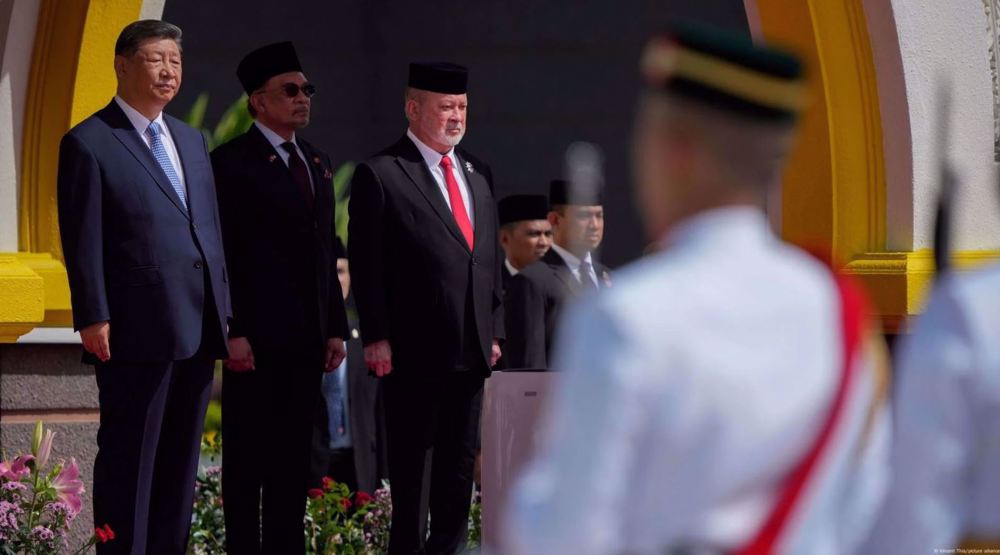
China says stands with Malaysia, region in face of unilateralism
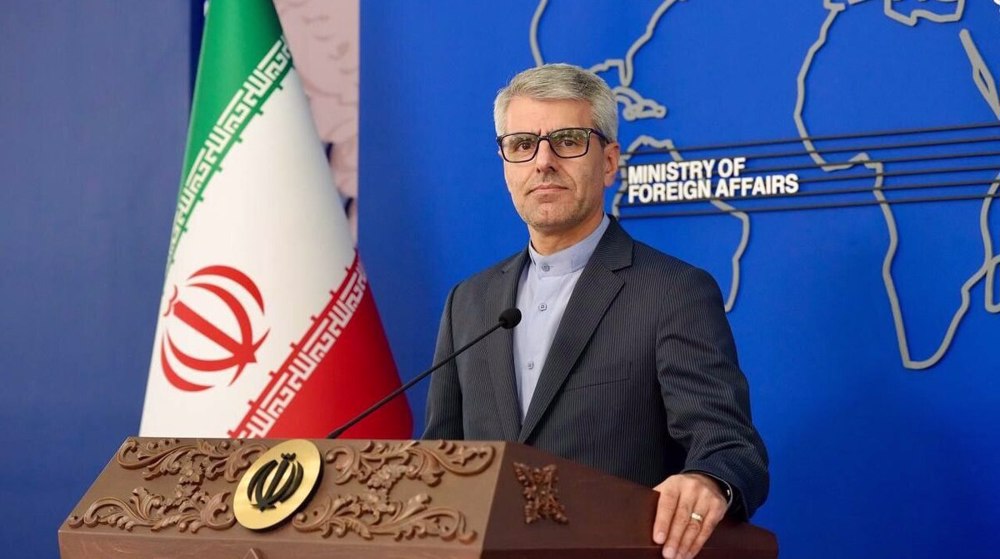
Iran warns ‘moving the goalposts’ could derail Tehran-Washington talks
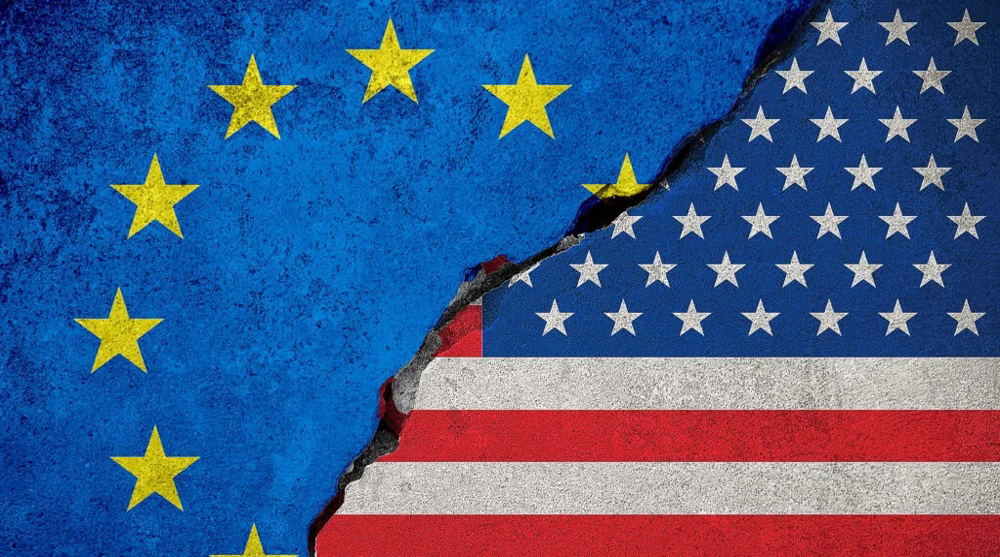
‘The West as we knew it no longer exists’: European Commission’s chief
ICC sues Hungary for failing to arrest fugitive Israeli war criminal Netanyahu
VIDEO | Western coverage of Israeli war on Gaza
VIDEO | US's broken commitments
VIDEO | Russia will not stand idly by if Iran is attacked
Iran repeats call on IAEA to clarify position on threats made against peaceful nuclear sites
China says stands with Malaysia, region in face of unilateralism
UN envoy urges journalists to speak out on Gaza genocide
‘Complete humanitarian collapse’ imminent in Gaza: Media office


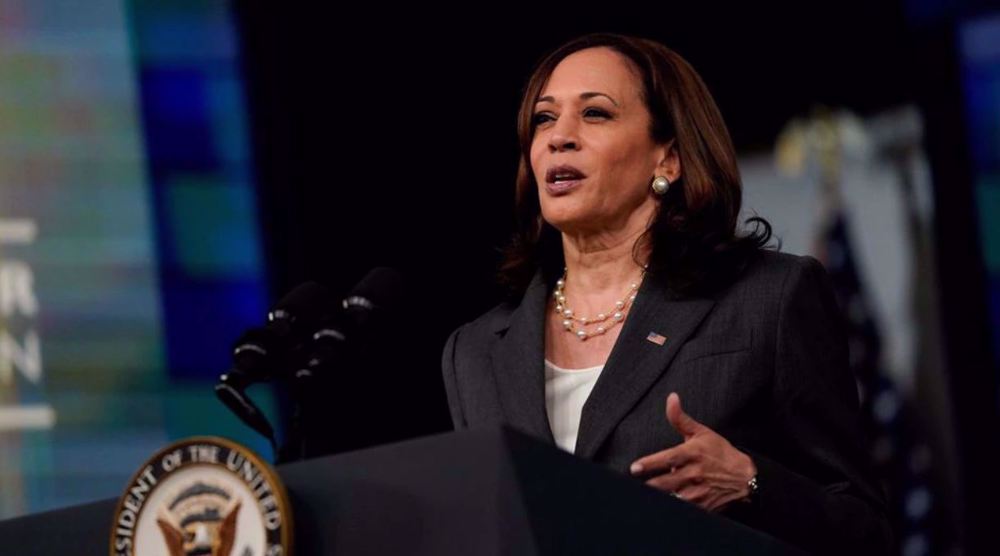
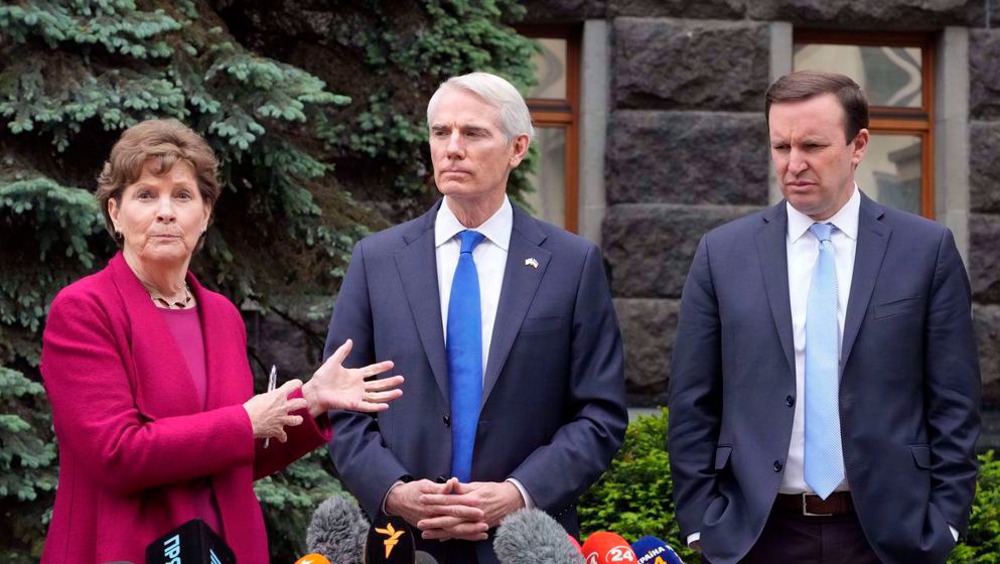




 This makes it easy to access the Press TV website
This makes it easy to access the Press TV website